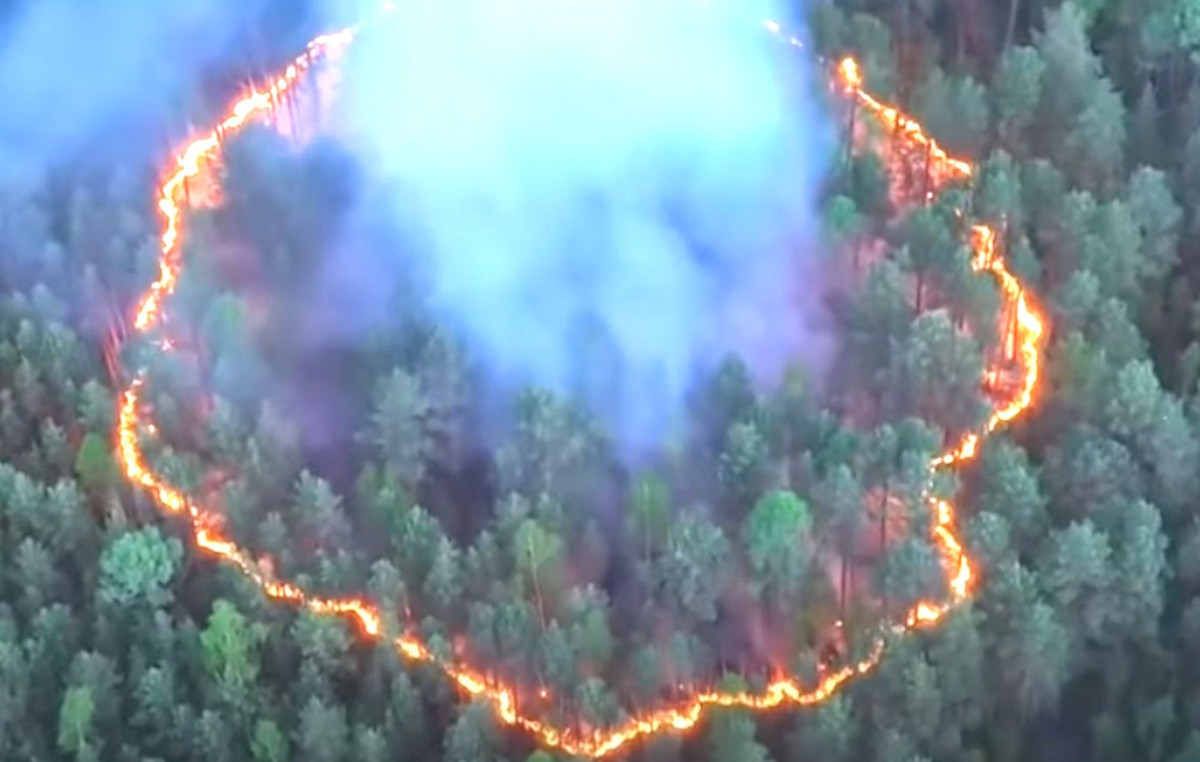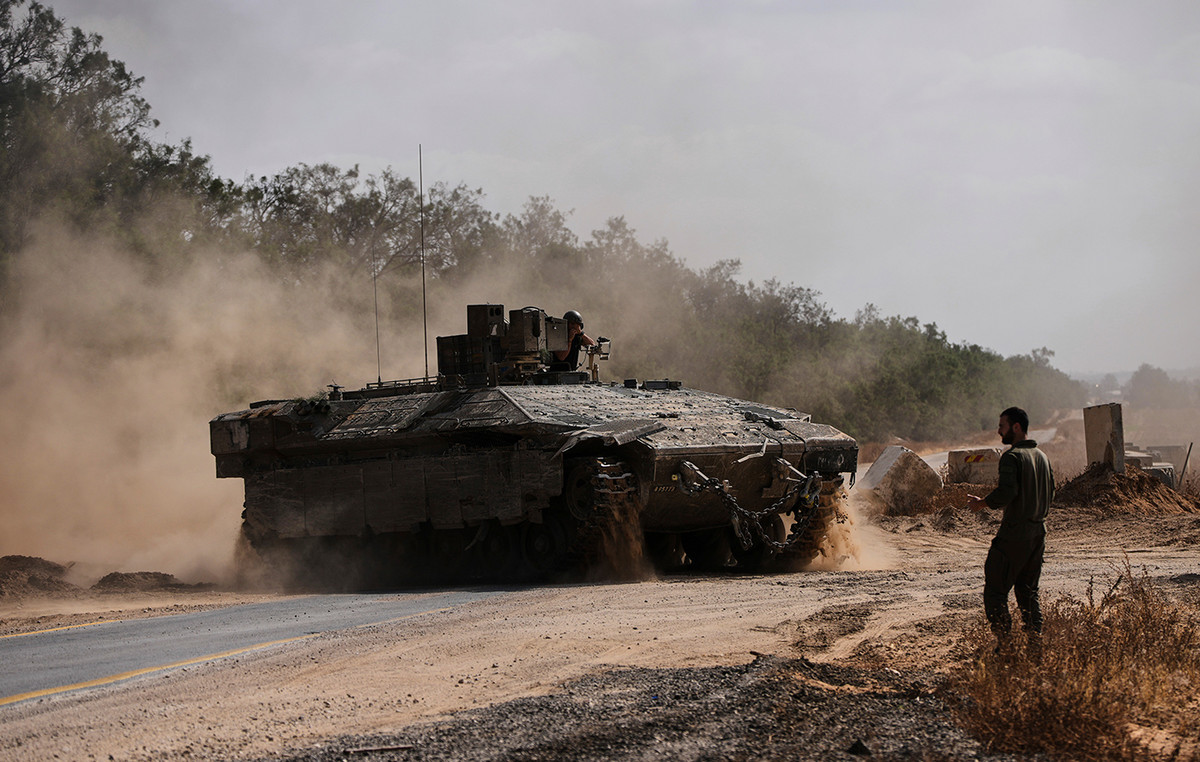A former chief prosecutor of the International Criminal Court (ICC) said there is “a reasonable basis to believe that a genocide is being committed against Armenians” in the contested region of Nagorno-Karabakh.
“There are no crematoria and there are no machete attacks. Hunger is the invisible weapon of genocide. Without immediate dramatic change, this group of Armenians will be destroyed in a few weeks,” said Luis Moreno Ocampo in an expert opinion letter on Monday (7).
Ocampo worked at the Netherlands-based TPI until 2012.
Nagorno-Karabakh It is a landlocked area between Eastern Europe and Western Asia that is home to a large Armenian population but is internationally recognized as part of Azerbaijan. Armenia and Azerbaijan have fought over the region for decades.
On Monday, UN experts urged Azerbaijan to lift the blockade on the Lachin corridor, the only road linking Nagorno-Karabakh with Armenia. The blockade has been in effect for seven months.
In a press release, UNHCR urged Azerbaijan to end the “terrible humanitarian crisis” in the Nagorno-Karabakh region, which it said had resulted in shortages of food, medicine and hygiene products.
“The Lachin corridor blockade is a humanitarian emergency that has created severe shortages of essential foodstuffs, including sunflower oil, fish, chicken, dairy products, cereals, sugar and infant formula,” he said.
Medical supplies were also “rapidly running out”, he added.
UNHCR urged the government of Azerbaijan to “uphold its international obligations to respect and protect human rights” and called on Russian peacekeeping forces in the region to protect the corridor.
Both requests are in line with the November 2020 ceasefire agreement.
“It is essential to ensure the safety, dignity and well-being of all individuals during this critical period,” they added.
VIDEO – Even with murder, Ecuador says it guarantees security for elections
The issue was raised at a UN Security Council meeting on August 3, with Armenia’s Deputy Foreign Minister Vahe Gevorgyan warning that Azerbaijan’s blockade has affected 2,000 pregnant women, around 30,000 children, 20 thousand seniors and 9,000 people with disabilities.
In July, European Union foreign policy chief Josep Borrell said the EU was “deeply concerned about the grave humanitarian situation” in the Nagorno-Karabakh region, arguing that “it is up to the Azerbaijani authorities to ensure security and freedom of movement along the Lachin corridor soon and not to allow the crisis to escalate further.
A spokesperson for US Secretary of State Antony Blinken said last month that Blinken had spoken to the president of Azerbaijan to “express deep concern over the humanitarian situation in Nagorno-Karabak” and highlighted the “urgent need for free transit.” of commercial, humanitarian and private vehicles through the Lachin corridor.
Source: CNN Brasil
Bruce Belcher is a seasoned author with over 5 years of experience in world news. He writes for online news websites and provides in-depth analysis on the world stock market. Bruce is known for his insightful perspectives and commitment to keeping the public informed.





